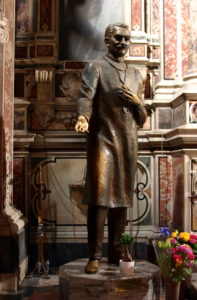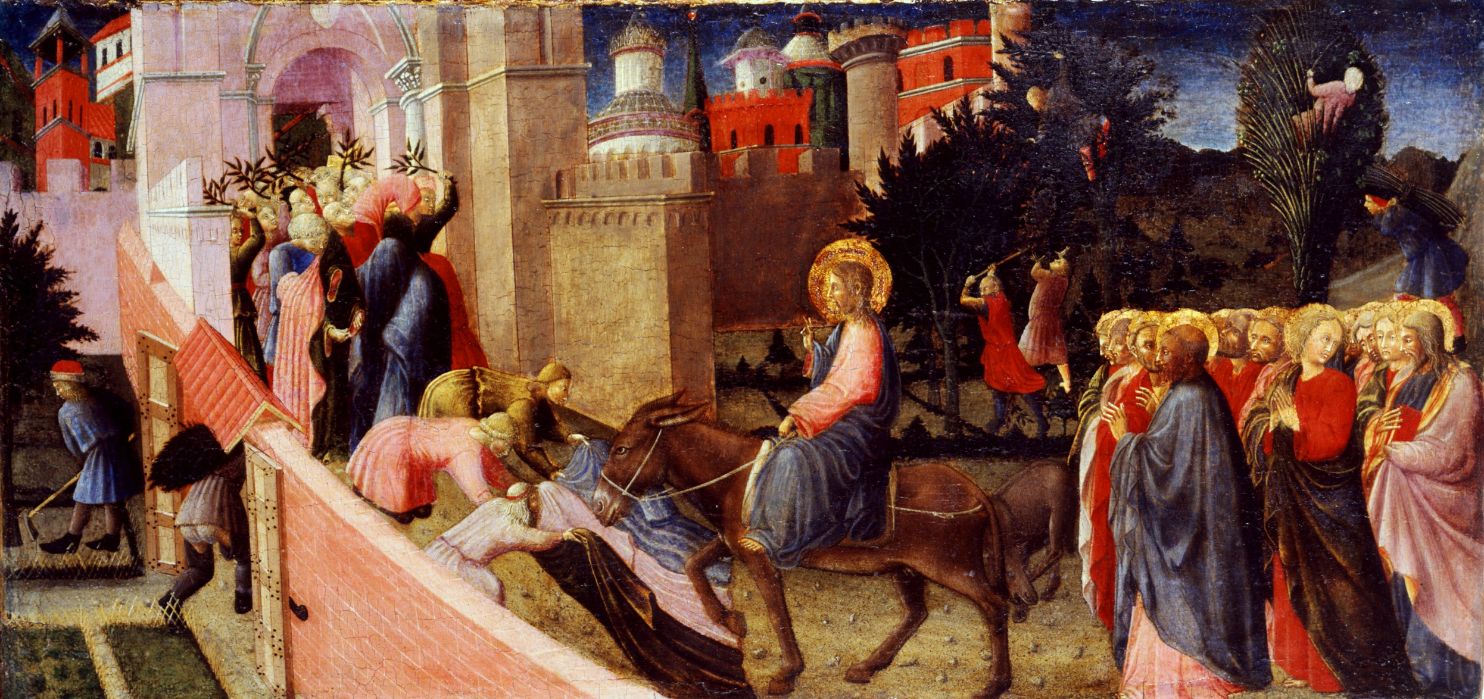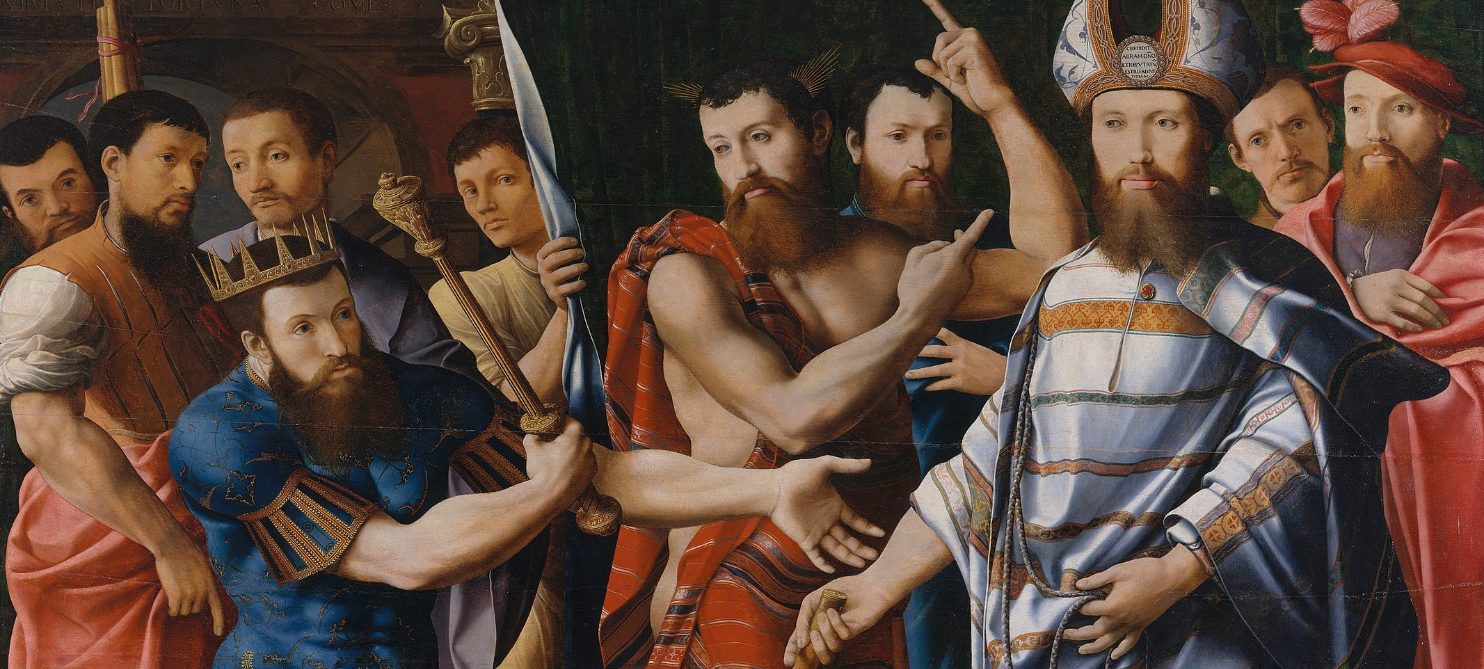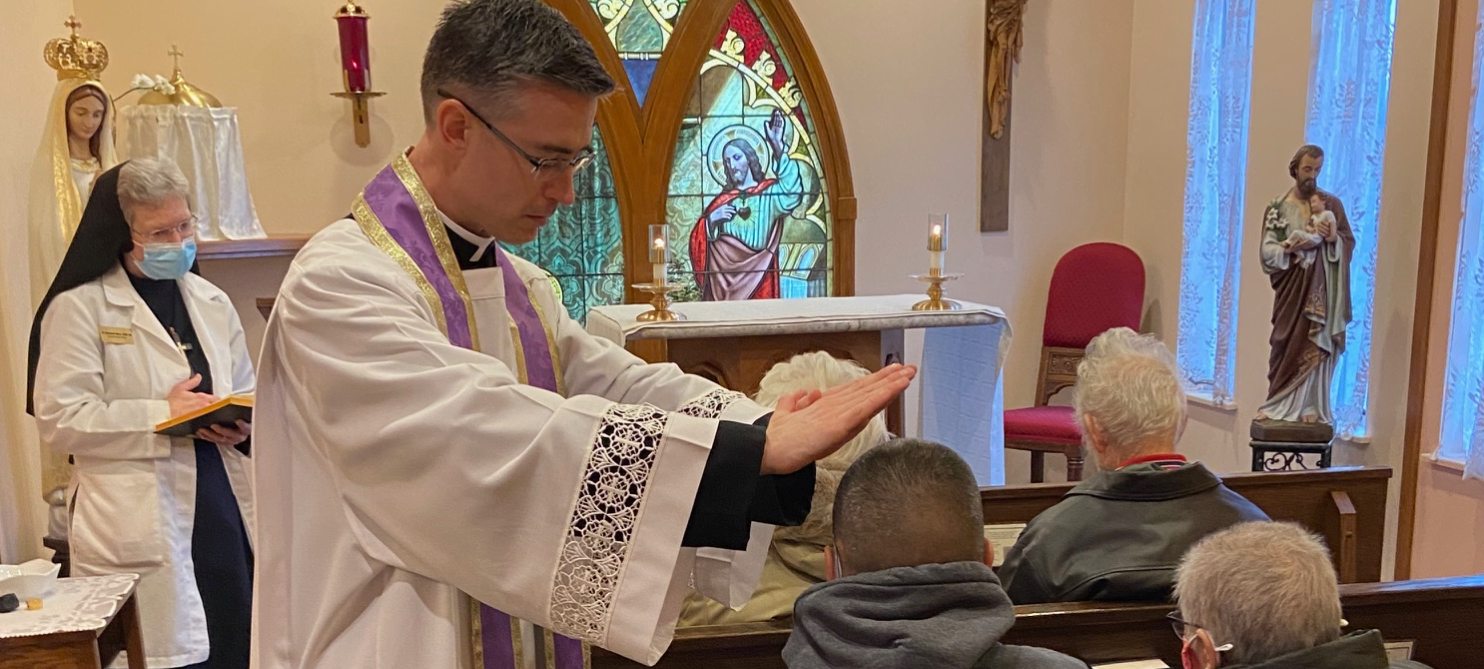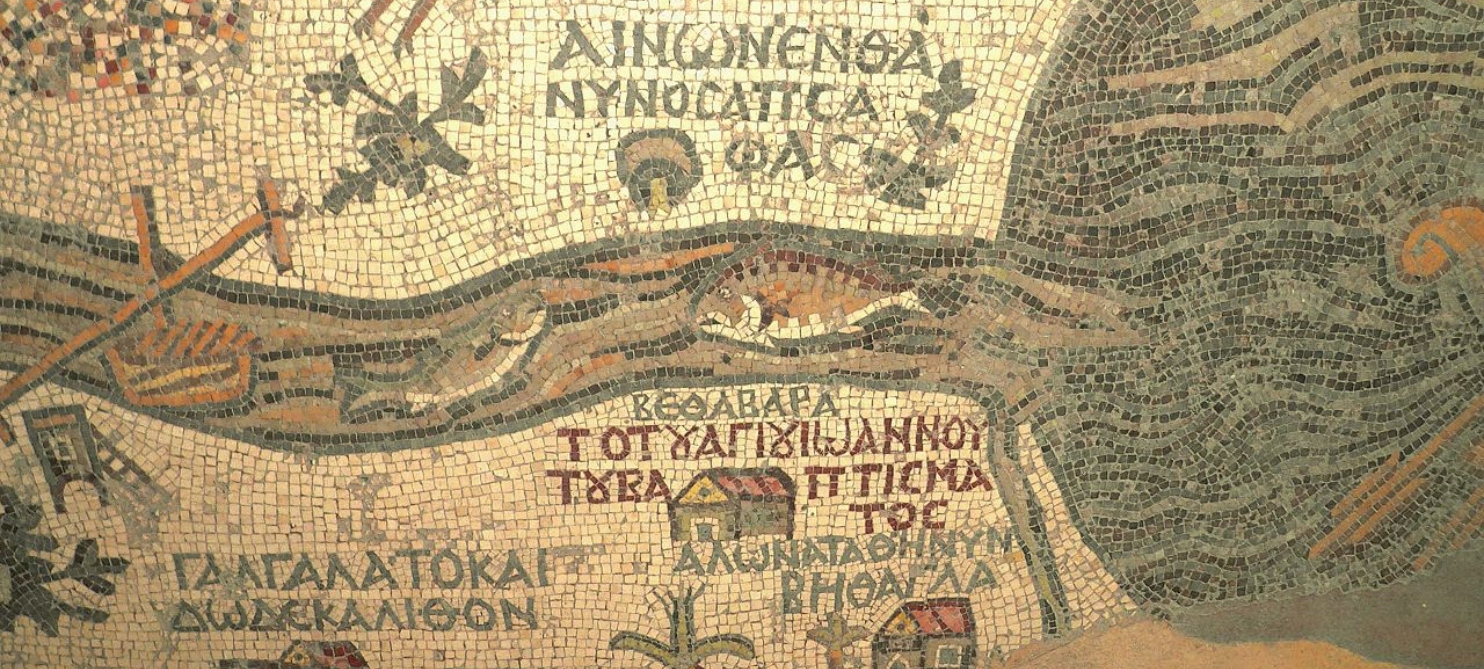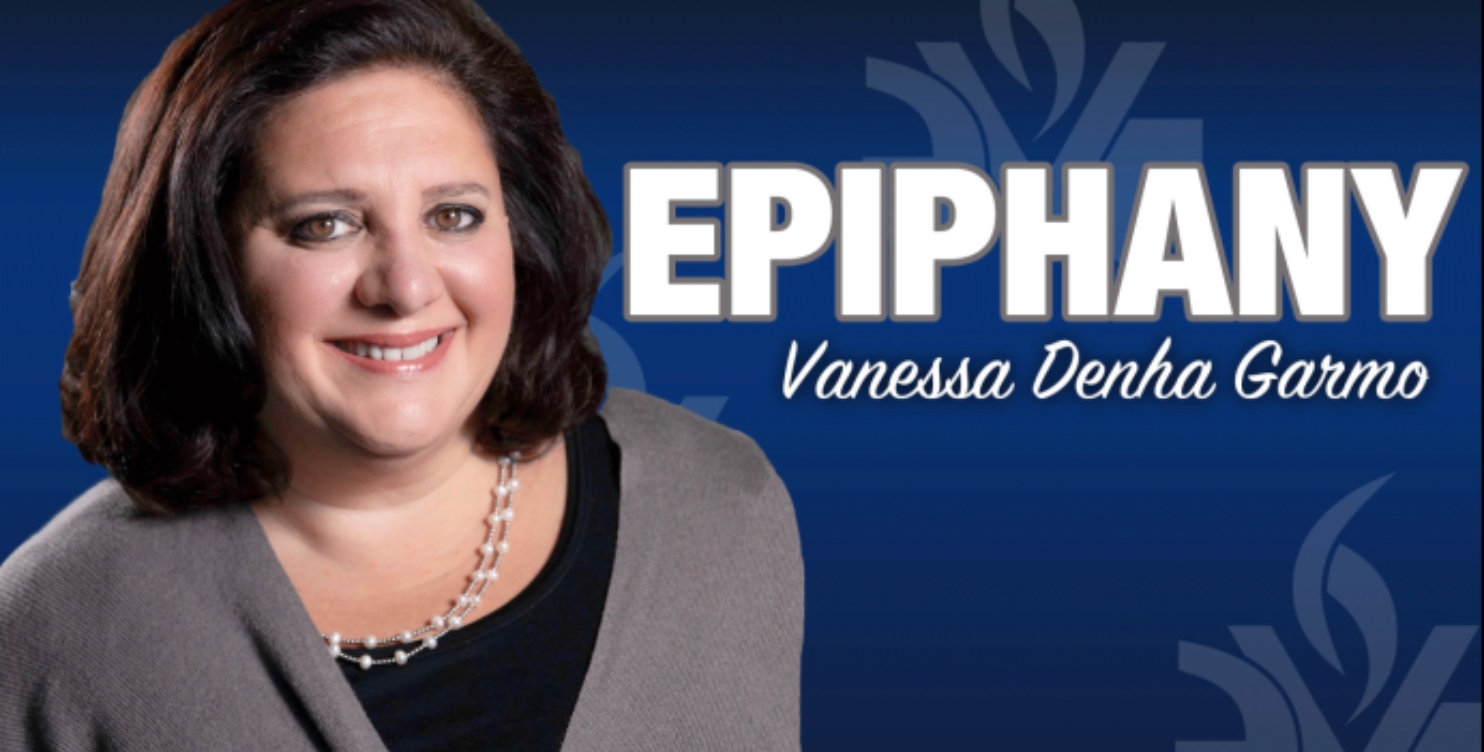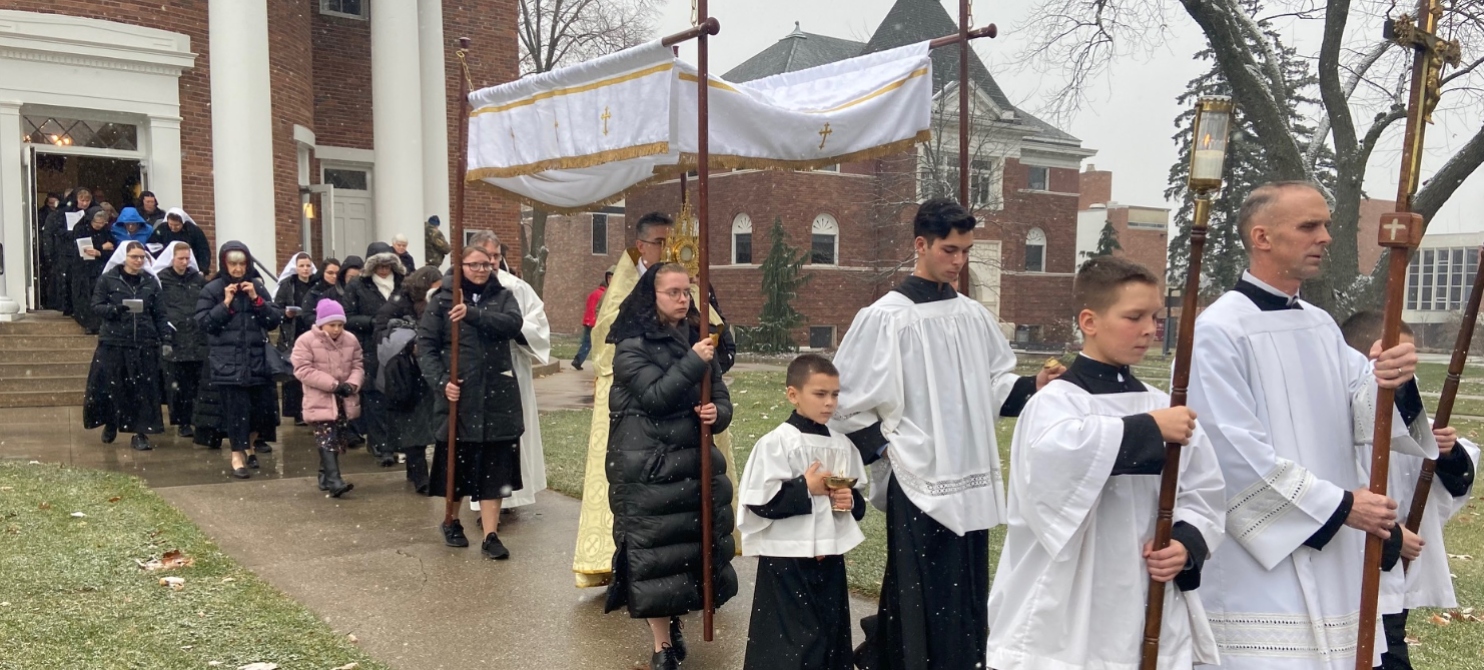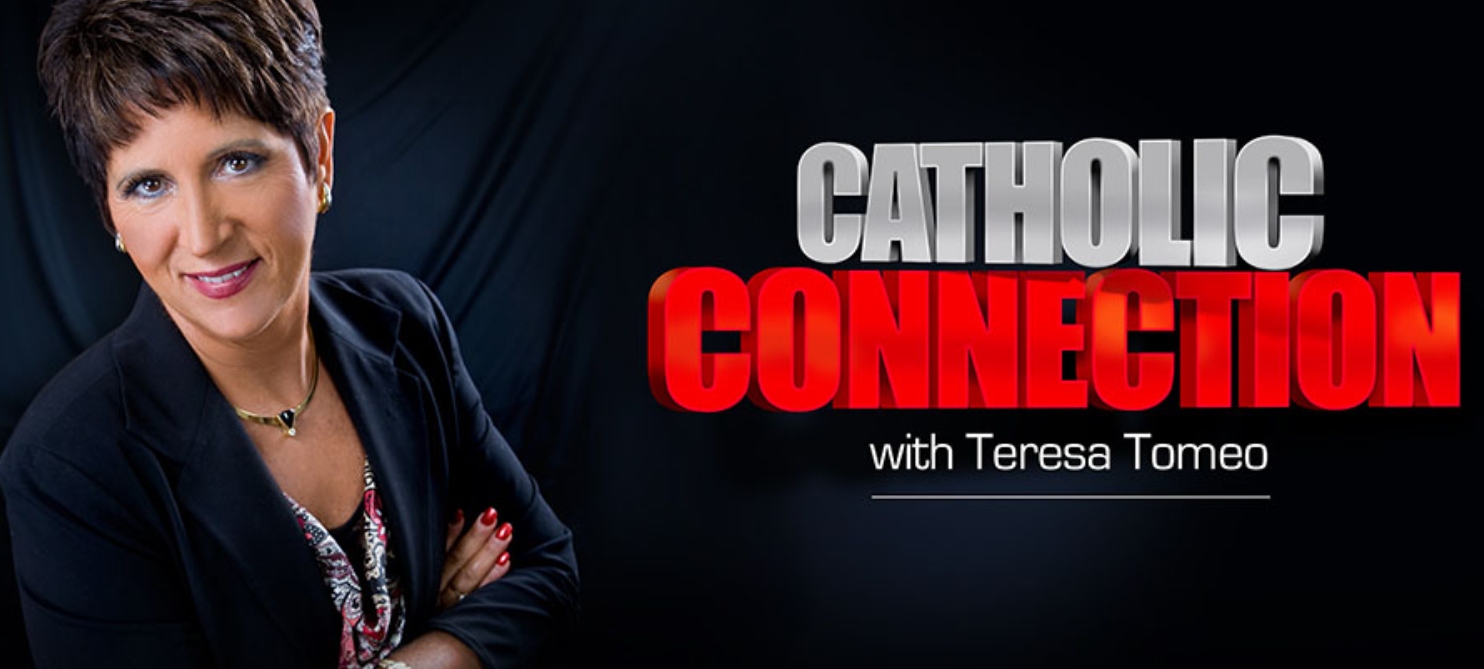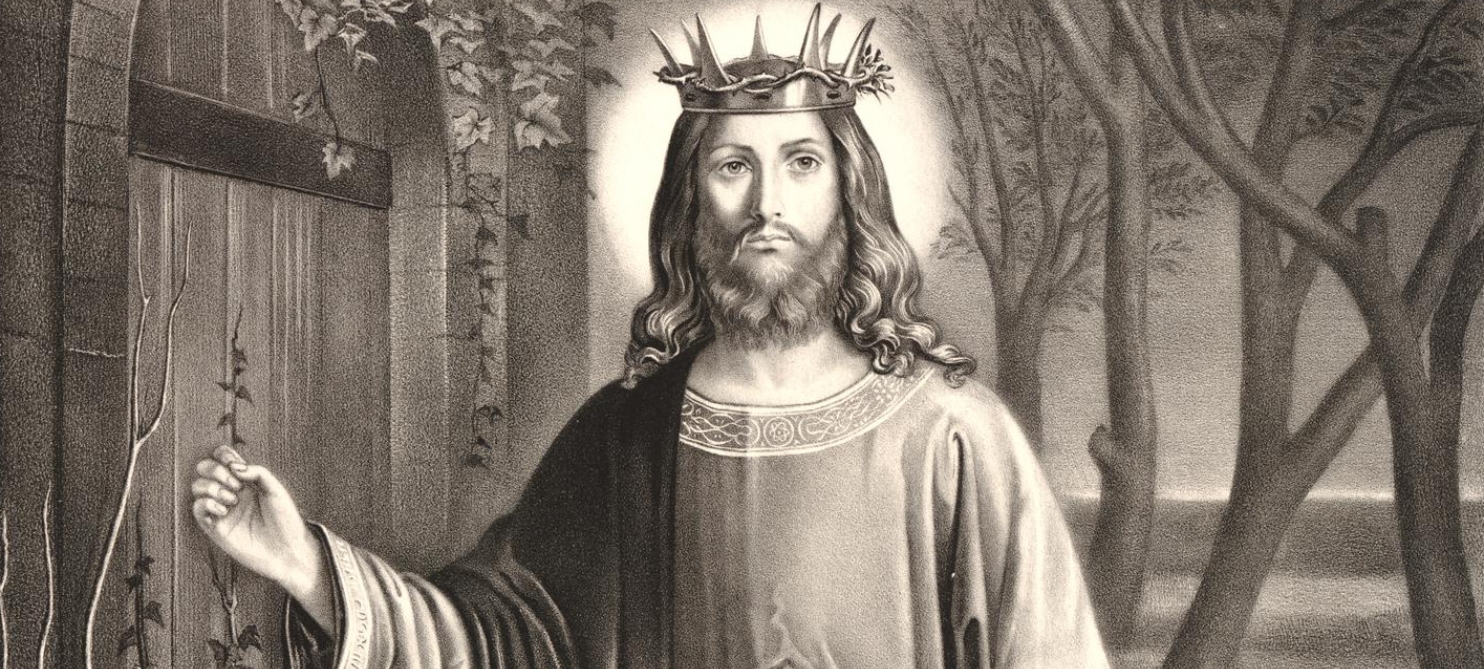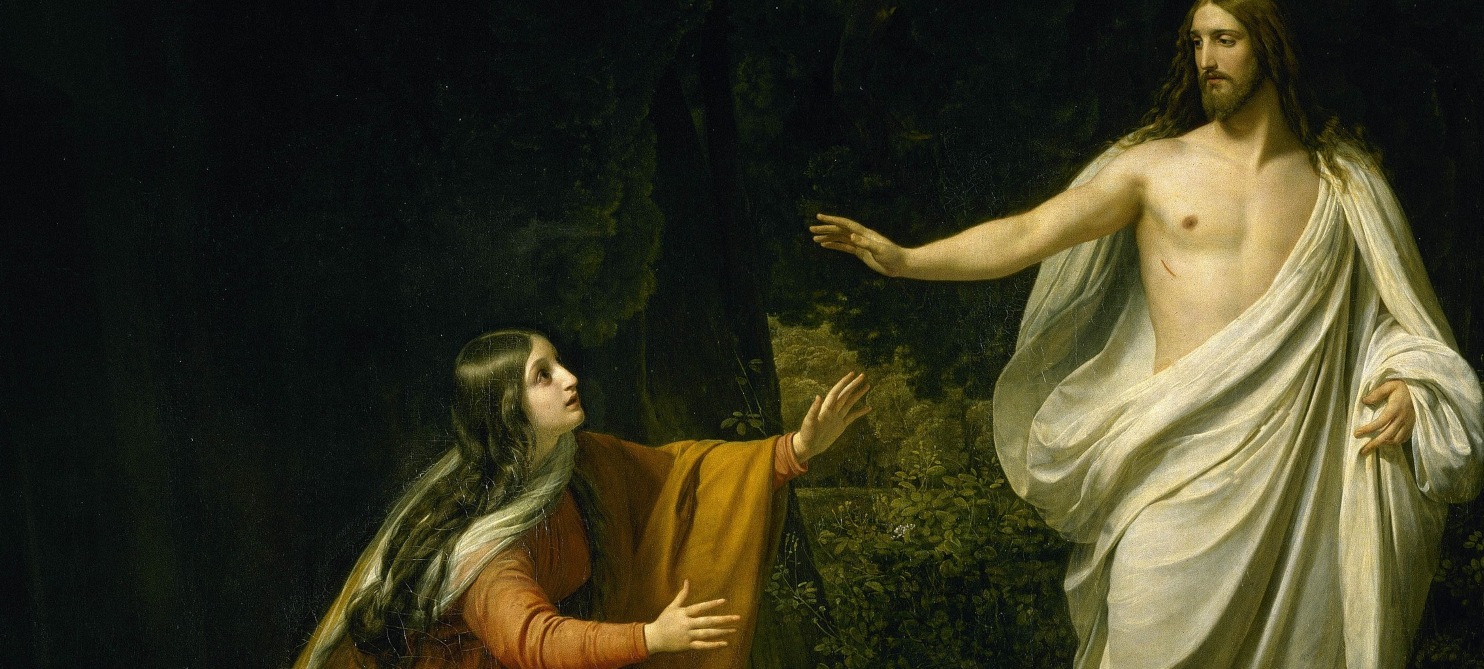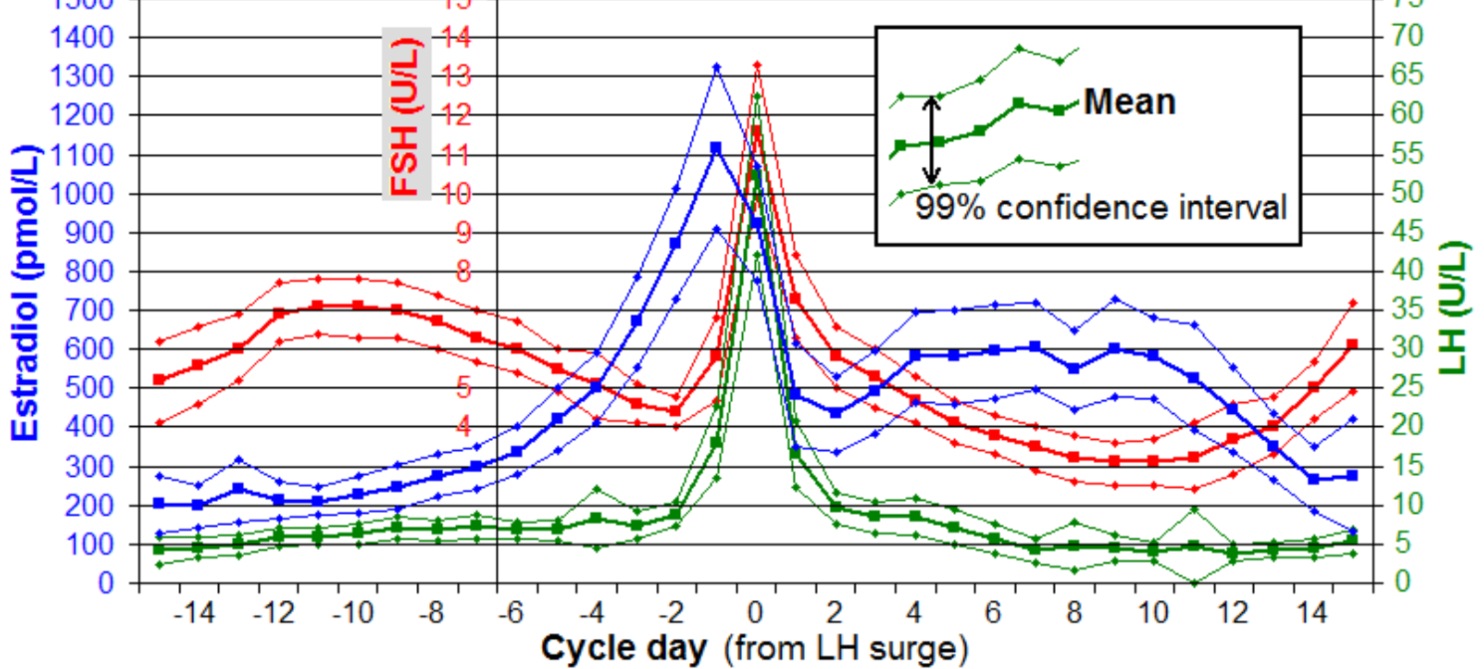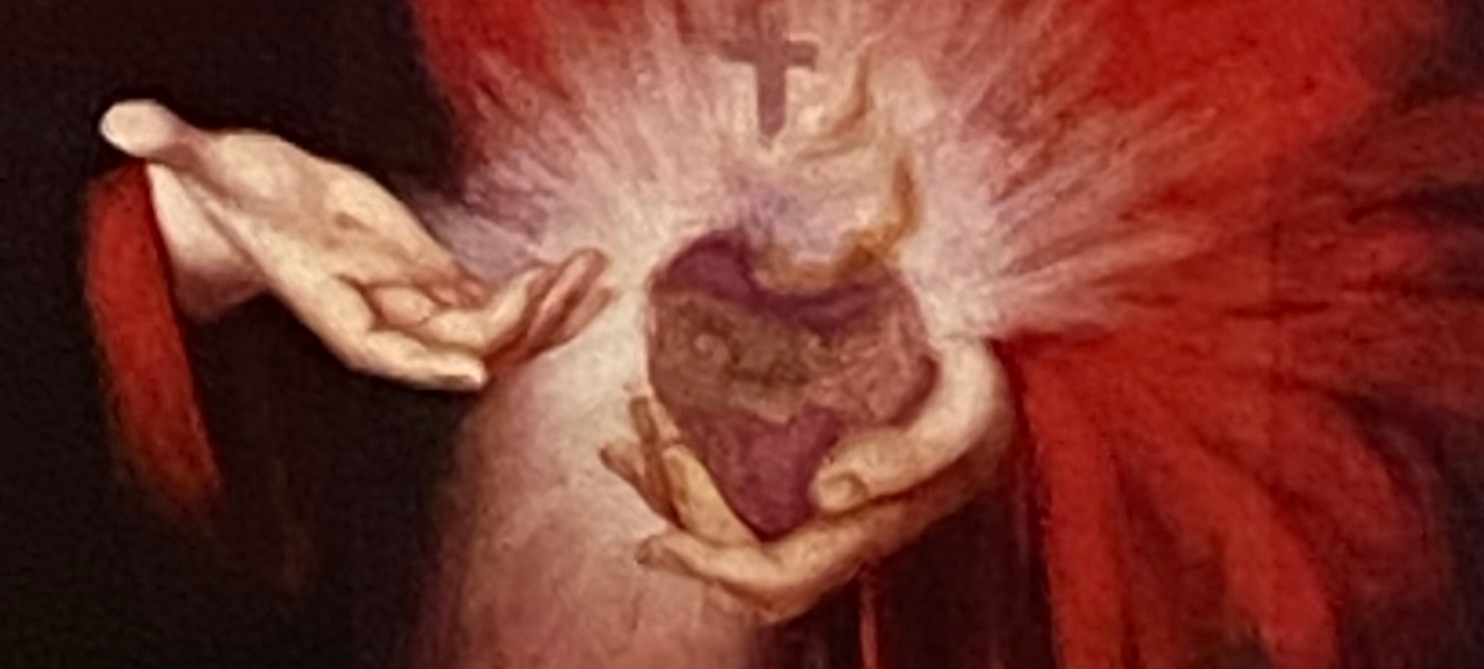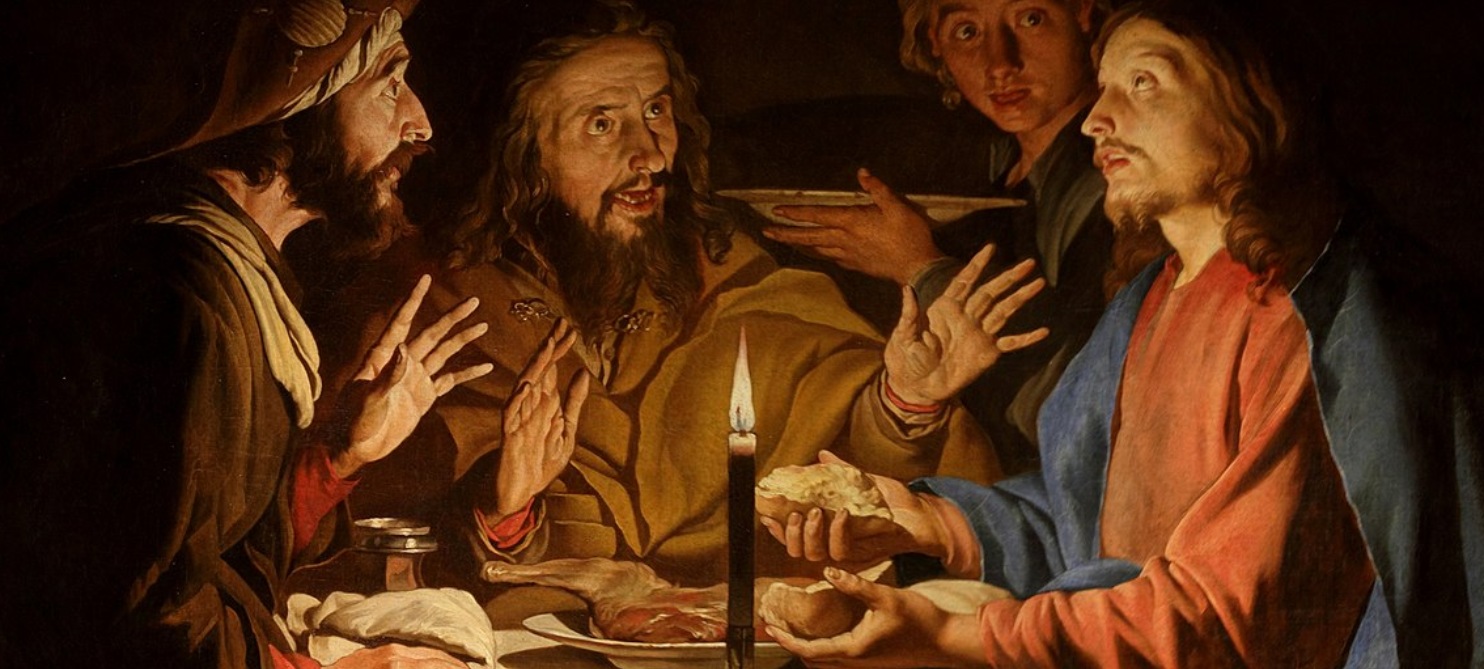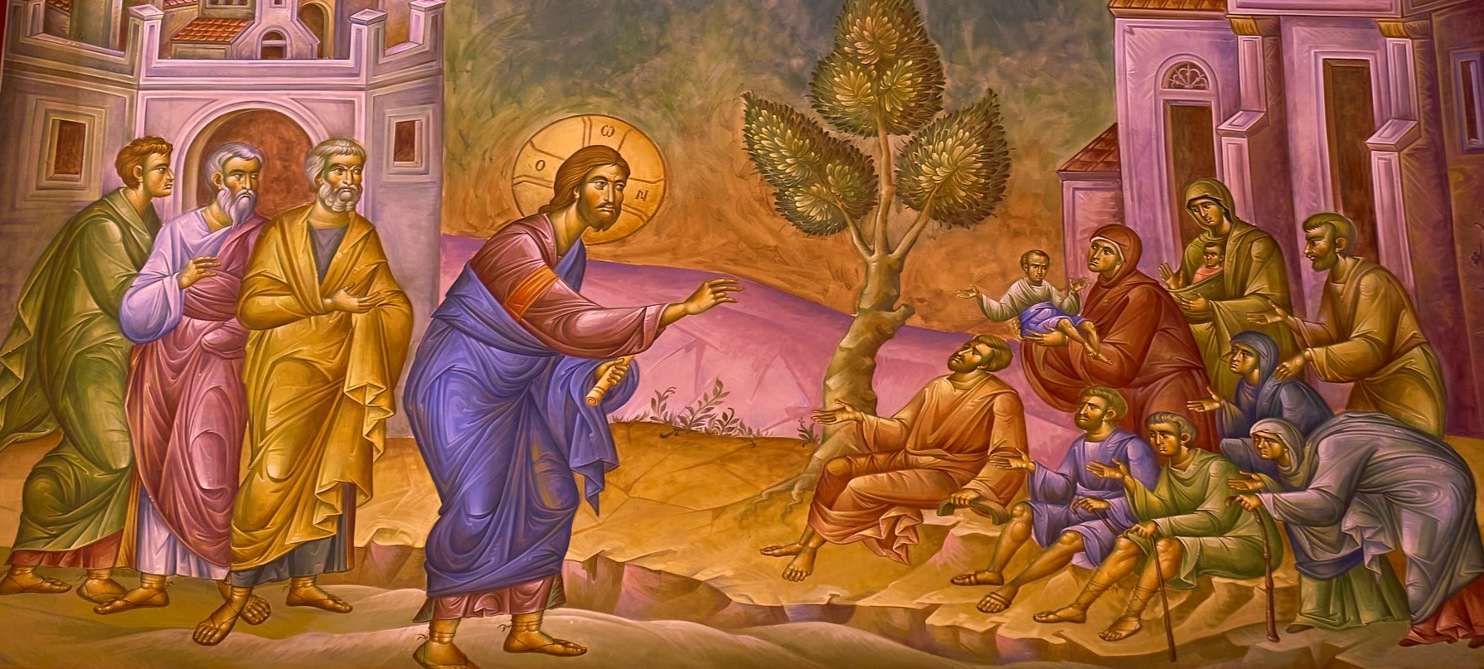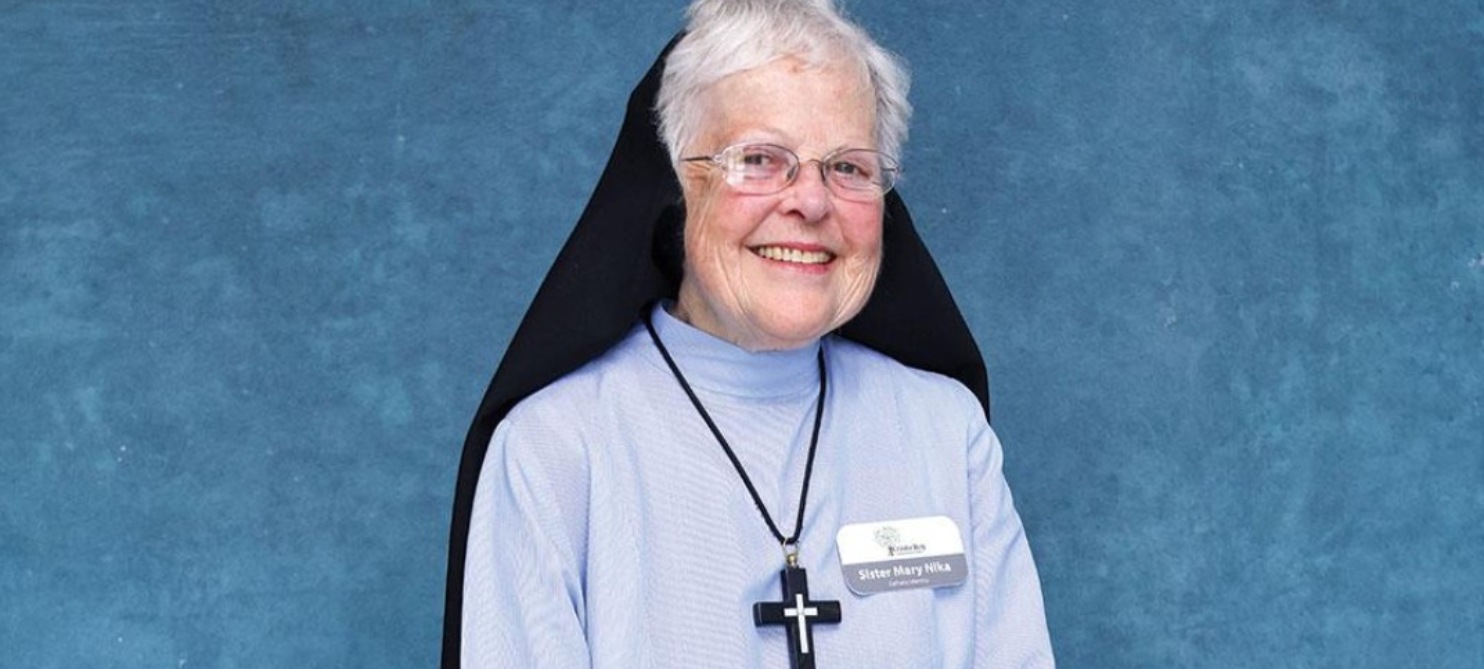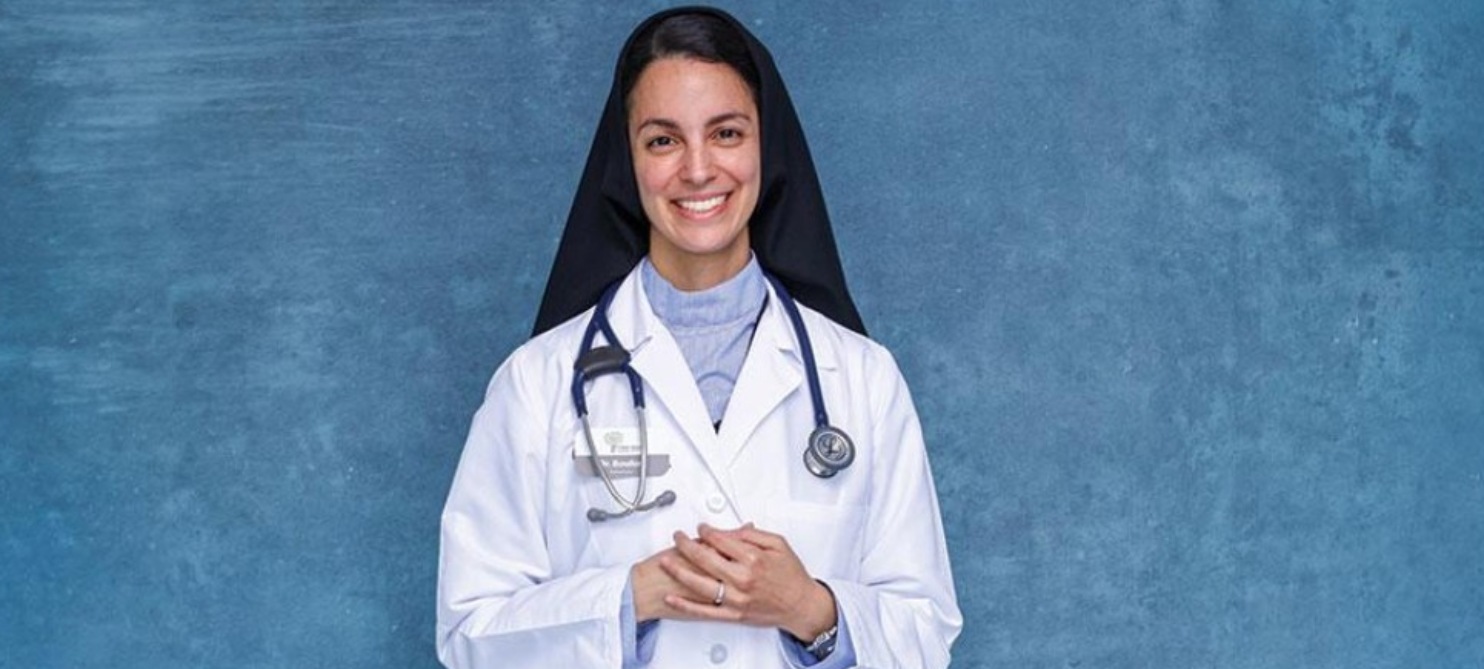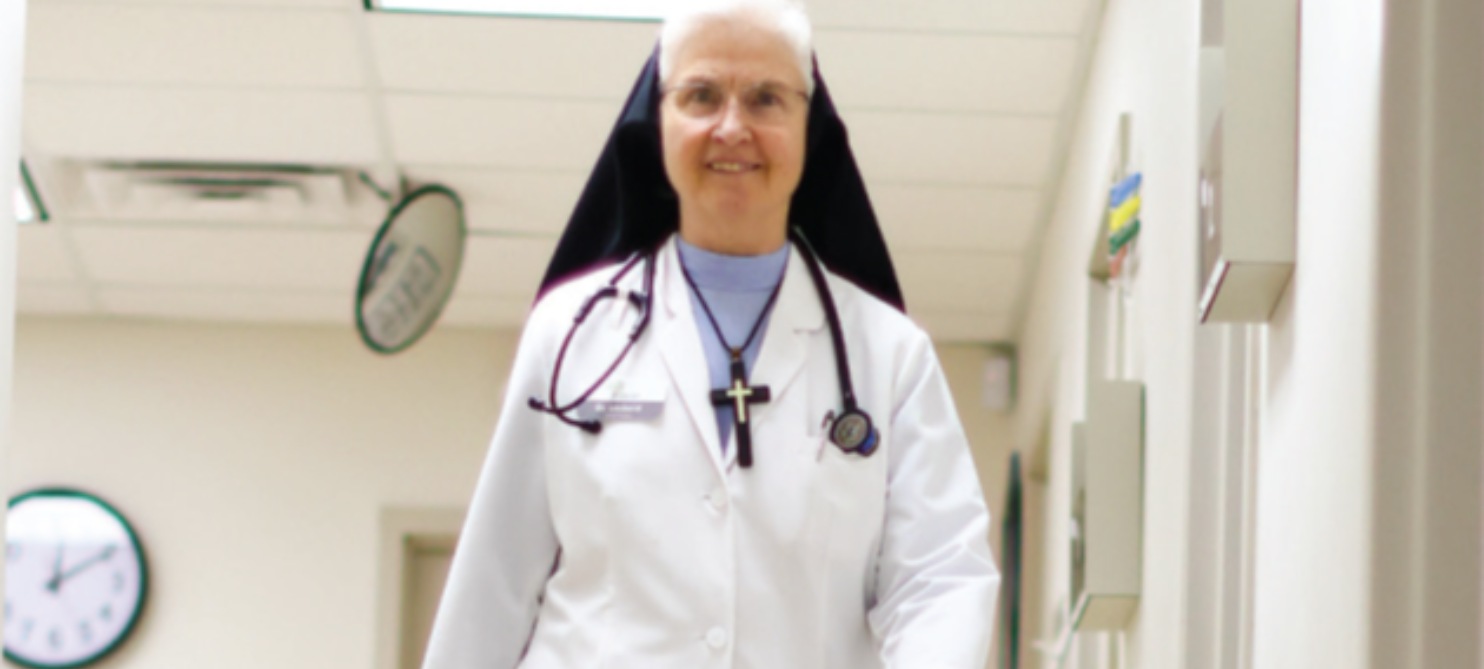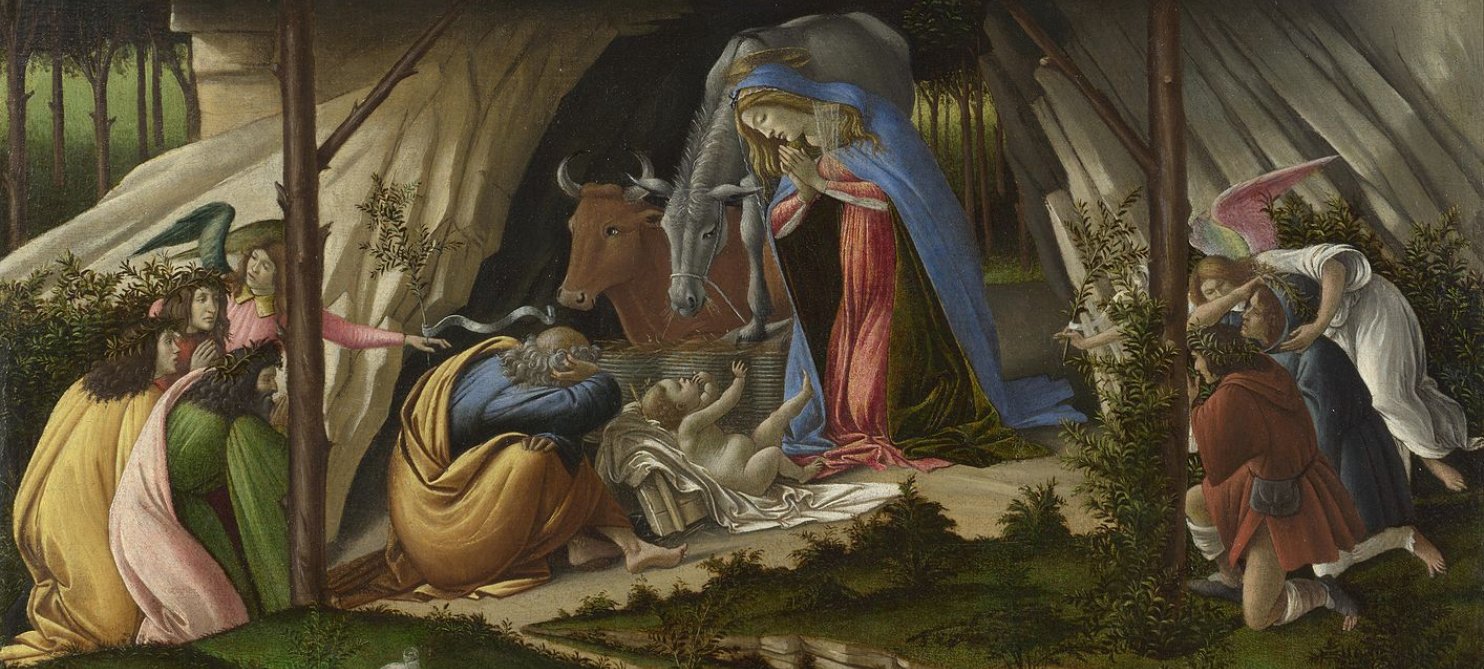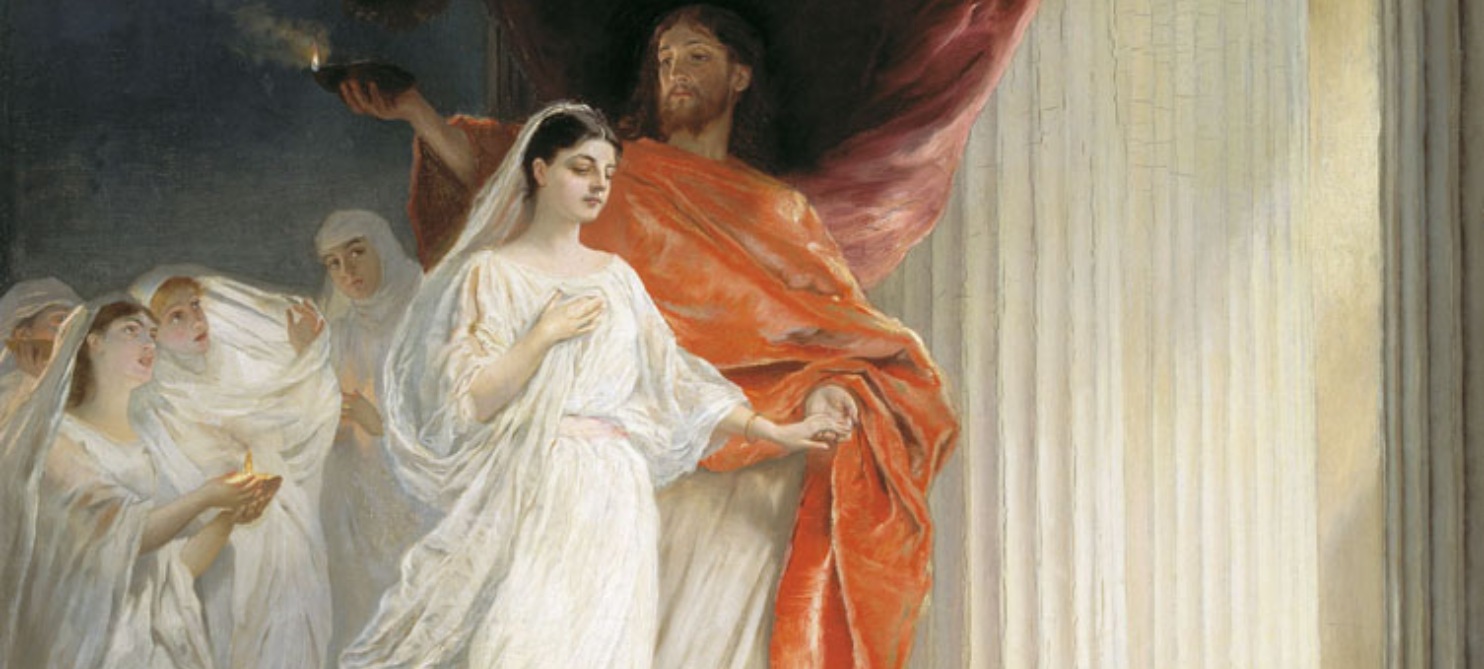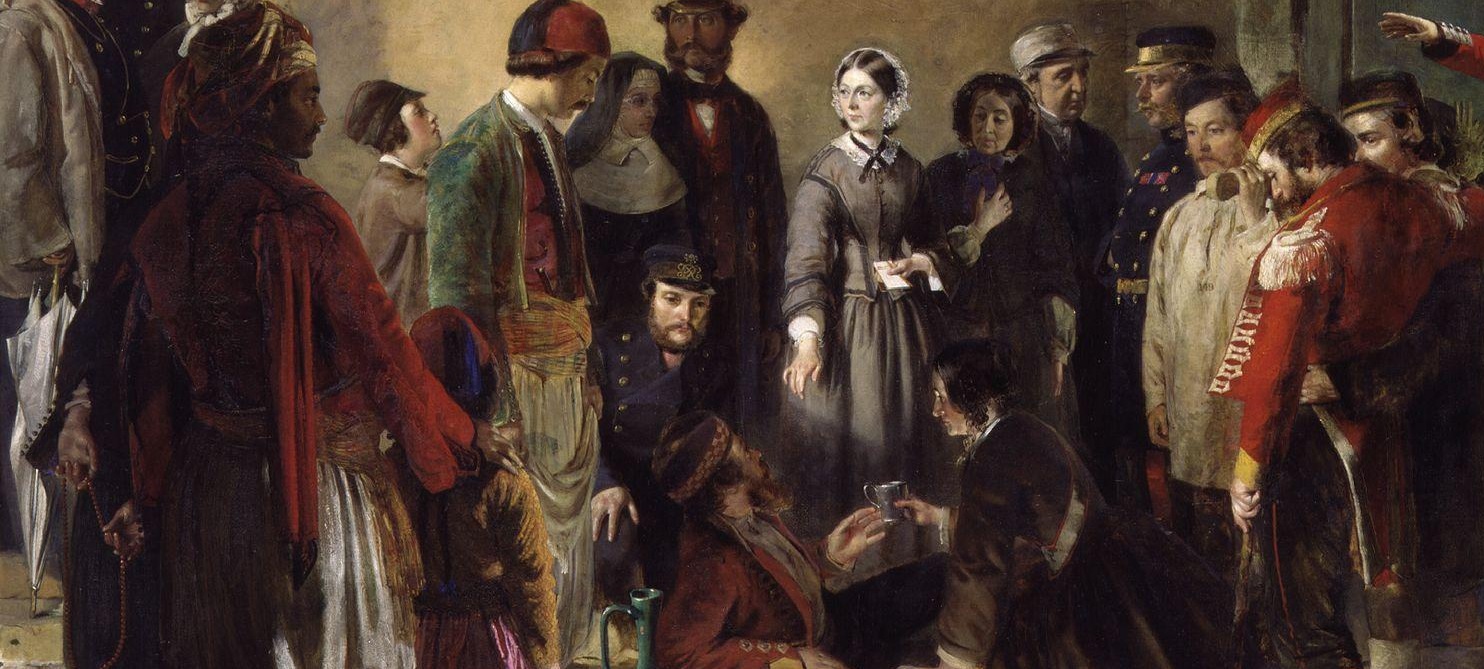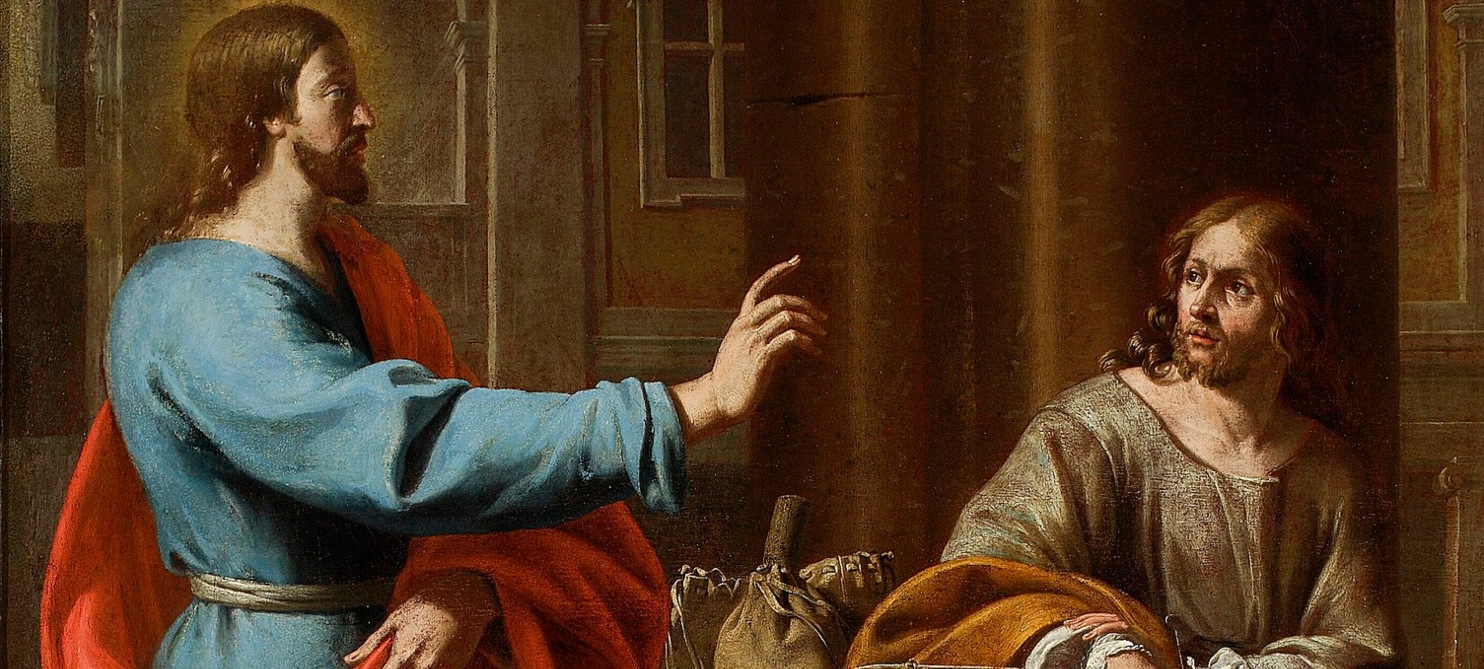Mother Catherine McAuley taught her Sisters that their growth each day depended on the little moments and choices they made, from rising to dressing to eating, what she called the “perfection of the ordinary act”. She pointed out to her Sisters particular “little virtues” which help us along the way in choosing well in these little moments. These virtues are humility, forbearance, kindness, trust, gentleness, courtesy, patience, and simplicity. We continue to study these virtues in our formation as Religious Sisters of Mercy, learning from the example of Our Lord and from the teachings of our Foundress.
In my life as a Religious Sister of Mercy and a physician, I have found the little virtues to be not only helpful but essential to the practice of medicine. This article will start a series of reflections on the little virtues in medicine. I hope it will be helpful for you to grow in knowledge and love of the Lord as you spend time with each little virtue.
What is Humility?
We will start with the little virtue of humility. Humility is the virtue whereby we recognize who we are before the Lord, that we are entirely dependent on Him and that every gift in our life is unmerited by us, a result of His infinite mercy. If we remember this, then the little humiliations of the day become joys that we can offer in union with the sacrifice of our beloved Lord. Mother Catherine had a great love for humility and speaks often of its merits to her Sisters. In her Familiar Instructions she speaks of humility as the “mother of all virtues” which “supplies for every deficiency before God.”[i] She reminds her Sisters that “we can never be happy, nor feel as we ought to feel, until we bring ourselves to the conviction that we are treated by everybody better than we deserve.”[ii] Humility opens the way for the Lord to work freely in us.
Humility in Medicine
Humility in medicine is a great help to building strong relationships with the whole medical team, as well as growing in the doctor-patient relationship, and guarding from burn out. When we recognize who we are before the Lord, seeing our strengths and our weaknesses with His eyes, there is a freedom in that. Learning to practice medicine provides plenty of opportunities to grow in humility, but I have found a particular time of growth in humility in integrating the deaths of patients for whom I have been privileged to care.
As a brand-new attending physician, I received a call one night that we had a new patient in the ICU. It was “one of those nights” where the resident was running around the hospital leading codes, and things were generally crazy. It was around midnight as I walked through the ICU, and the nurses were almost all in one room with the Critical Care physician trying to sedate a patient who was throwing punches at anyone he could reach. The resident with me ran into another room where a patient required immediate attention, and suddenly I was alone. I had the thought: this patient needs a better doctor than me. I was gripped by this for a moment as doubts surrounded me. I knew a more experienced physician likely would have been helpful in that moment. Yet, I knew I needed to move forward for this patient’s sake and recognized that the Lord in His Providence had put me on that floor that night with that patient for a reason, and I was the one who needed to respond. When I saw his face, I knew he was likely going to die and my heart dropped, but I recognized what I could do for him in that moment. I could start the appropriate treatments, discuss the diagnosis with his family, make sure he had appropriate close monitoring. I read up further on the diagnosis, discussed the case with another attending, and consulted one of our specialists. The patient was transferred to a higher level of care the next day, and a few days later we received the news that he had died, despite all of the efforts of the medical team.
I suddenly saw myself as I was: simply an instrument in the hands of God
My initial reaction was one of doubt and frustration, thinking of all of the possible things I could have done differently. Slowly, with many acts of faith, the Lord helped me to integrate this experience and it became one of great growth. For me, this was one of the greatest experiences of practicing and learning humility in medicine as I suddenly saw myself as I was: simply an instrument in the hands of God. He had given me knowledge and gifts to use in that moment for the care of that patient and his family, but ultimately his life was held in the Lord’s hands, not in mine. I had to deal with the pain that came with the experience, but I recognized that I did not have the capacity to grasp His total plan of mercy for the world. My mind and heart are too small to understand.
One of my professors in medical school constantly repeated to us: “Know what you know. Know what you don’t know,” and this little phrase has stuck and been a help for me. It is tempting after difficult moments like this to fall into the trap of thinking “I know nothing, I cannot do anything correctly, and I ought to just leave the practice of medicine”…but this is not humility. Know what you know. I have also seen physicians fall into the trap of pretending they have everything under control, not consulting when they need to, of thinking that everything is held in their hands, and that can lead to great harm. Know what you don’t know. Each day in the practice of medicine, I look to the Lord and beg for His grace and the capacity to grow in knowledge and love for the service of those He has entrusted to my care. Then, I trust that He will provide what I need. I continue to read, learn, and discuss cases with other physicians because I recognize that I am but an instrument in the hands of God and my desire is to be the best instrument that I can be for the Divine Physician.
“Another precious privilege is, that [humility] enables us to conquer all difficulties, interior and exterior; for when we diffide in ourselves, to confide in God alone, He powerfully aids us.”[iii]
– Mother Catherine McAuley
“In the spirit of charity, he practiced great humility, which made him esteem and never condemn the actions of others…All his waking hours were spent in the service of others, broken only by time devoted to prayer and further study.” [iv]
Image Credit: Saint Giuseppe Moscati.
[i] McAuley, C. (1927). Familiar Instructions, pp. 114-115. St. Louis, MO: Vincentian Press.
[ii] Sisters of Mercy (1922). The Spirit of Mary Catherine McAuley, p. 44. Oklahoma City, OK: Mt. St. Mary’s Academy.
[iii] McAuley, M. (1927). Familiar Instructions, p. 115. St. Louis, MO: Vincentian Press.
[iv] Lapus, Camelita P. “A Modern Physician-Saint.” The Linacre Quarterly 57, no. 2 (1990): 44–48. https://doi.org/10.1080/00243639.1990.11878056.
Posted March 15, 2021
